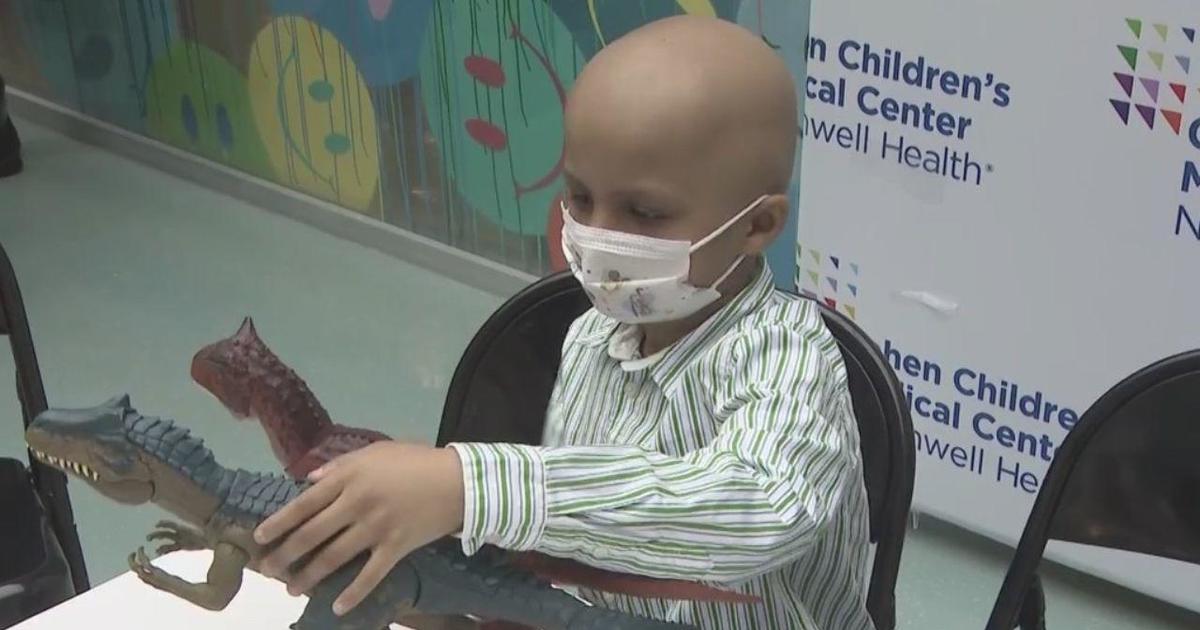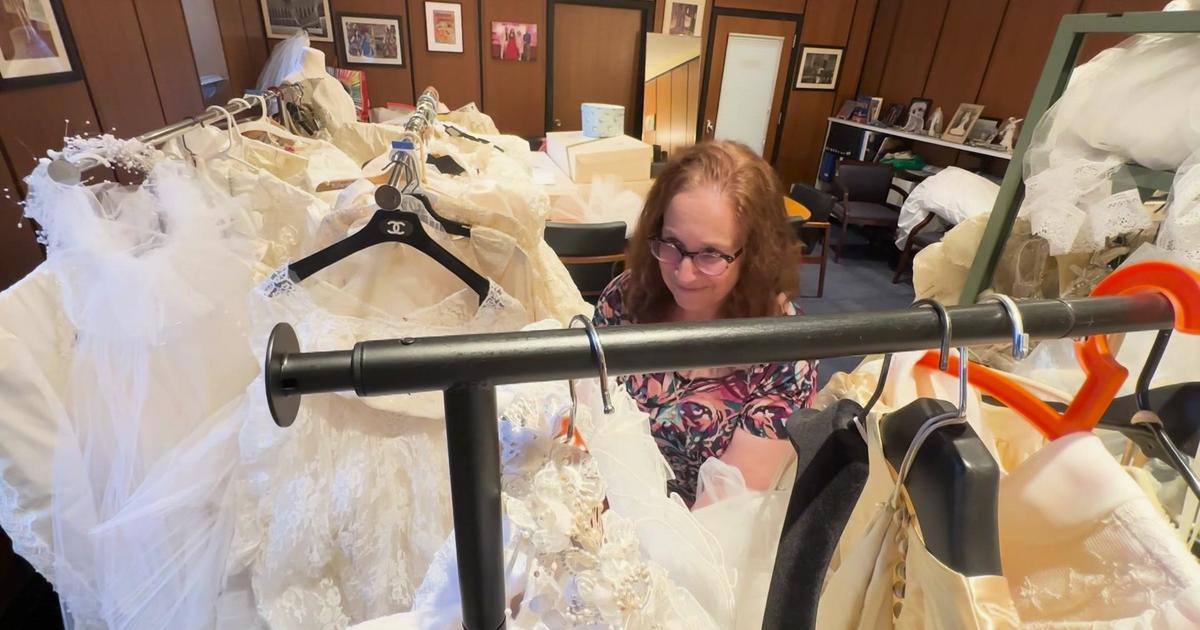LI Woman Survives Case Of Deadly, Flesh-Eating Bacteria
MINEOLA, N.Y. (CBS 2) -- A terrible case of oft-lethal, flesh-eating bacteria on Long Island almost claimed the life of a Bellmore mother.
A quick trip to the emergency room, though, and a team of fast-working doctors saved the day, reports CBS 2's John Metaxas.
Roz Stone experienced the full range of emotions – from the fear of death to the joy of survival – as she recounted her bout with deadly flesh-eating bacteria that kills 75 percent of the patients infected with it.
Somehow, she beat the odds.
"To turn around and have to say, to my husband of 20 years, goodbye, you never expect that," Stone said. "I don't want to get emotional, but that was my thought, that I didn't want to die."
The ordeal began one month ago when the mother of three felt pain in her arm.
"Severe pain. I mean, my pain had just gotten progressively worse," Stone said.
Stone's husband rushed her to the emergency room at Winthrop University Hospital, where doctors very quickly realized they had a life-threatening situation on their hands.
Doctors believe a bug bite on her finger became infected, and the infection traveled up her arm, nesting in her lymph nodes.
"She was essentially in shock. Her likelihood of survival was, we thought, pretty low," Dr. Scott Gornstein said.
Doctors recognized it as necrotizing fasciitis, a potentially deadly condition caused by a common bacteria.
"While it's very, very rare, its mortality is so high that it makes it important to be treated right away," Dr. Thomas Davenport, of Long Island Plastic Surgical Group, said.
A team of surgeons and plastic surgeons rushed into action.
"It's not just draining puss," Dr. David Shin said. "You have to remove a lot of tissue. It's a deforming operation."
After five surgeries in five days, Stone was left with an open wound from her hip to her armpit.
"It was 36 inches long; the opening was eight to 10 inches wide," Dr. Gornstein said.
Stone's mother, Gladys Blatter, never left her side.
"When you look at your child like that, it's very difficult," Blatter said. "But she's a fighter, she really is."
It took nearly a month of pressurized oxygen treatments to heal the tissue and prevent re-infection.
Stone, who is a retired nurse, knows she's lucky to be alive.
"The doctors gave me a gift to live," she said.
Stone's family also got a gift for the holidays: Mom is coming home.
Doctors say the bacteria that causes necrotizing fasciitis is the same one that causes strep throat, but they stress that if an infection gets into the skin, it's vital to get it treated immediately. Doctors say if Stone had waited any longer to go to the hospital, she could have died.



